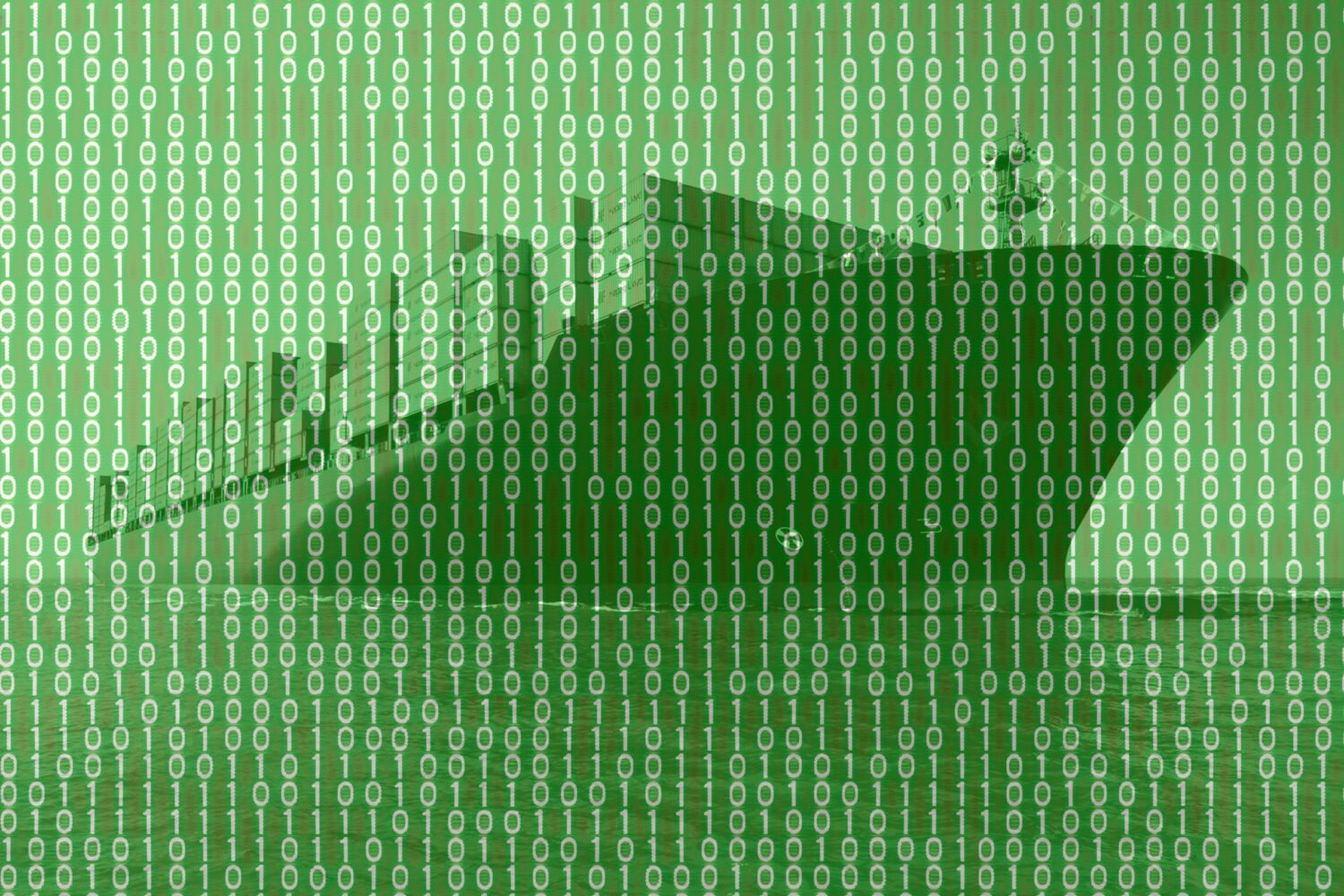A new market survey by SMM shows that shipping companies and shipyards worldwide are planning extensive investments in efficiency, AI and fleet modernization.
The recently published SMM Maritime Industry Report (MIR) examined what motivates shipowners, shipyards and suppliers and where challenges are seen. The result: The industry is confident and eager to invest, according to a statement by the trade fair company Hamburg Messe und Congress (HMC), which organizes the world’s leading trade fair SMM every two years.
The survey was conducted with market research company Mindline for the fifth time. The SMM Maritime Industry Report 2025 maps the expectations of market participants regarding the development of shipping and shipbuilding every two years.
“The industry’s growth momentum is unbroken – that is a strong signal in turbulent times,” says Claus Ulrich Selbach, Vice President Exhibitions Maritime & Energy at HMC. At 50.5 points, the Maritime Industry Score – which measures the difference between positive and negative market expectations – reaches a clearly positive value (scale: -100 to +100). Despite a slight decline compared to 2023, the overall level remains high.
Industry climate in detail
- Shipping companies: 34.4 points (2023: 37.1) – slightly more moderate than in the last survey
- Shipyards: 49.9 points – the highest value since the survey began
- Suppliers: 64.6 points – constant at a very high level
Skills shortage, energy, bureaucracy – the biggest concerns
For the first time, the study shows which challenges companies are most concerned about. Right at the top: Skills shortages, high energy costs and increasing regulatory requirements. “SMM 2026 specifically addresses these topics,” says Christoph Lücke, Director of SMM. The Maritime Career Market, which aims to bring together talented people and companies, will also take place during SMM to shed light on this topic. Numerous exhibitors will be presenting solutions for increasing efficiency and saving energy. Classification societies and software providers will provide support in implementing statutory environmental and climate requirements in an economical and practical manner.
Willingness to invest at a record level
Sustainability remains a top topic. Six out of ten respondents expect increasing pressure to modernize their fleets in an energy-efficient manner. Data-driven solutions are particularly in demand – their relevance has increased by 13 percentage points compared to the last survey. Artificial intelligence is also gaining in importance and will once again be a key topic at SMM 2026. At the same time, companies are planning extensive investments in new hardware: 48% of shipping companies “probably” or “very probably” want to order new ships by 2026 – a new high in the MIR.
Demand is particularly high:
- Container ships (up ten percentage points compared to 2023)
- RoRo ferries and passenger ferries
- Cruise ships
- Naval vessels – the entire spectrum from submarines and combat vessels to patrol boats and supply ships
“The changed global political situation with numerous conflicts and direct effects on the maritime world is clearly noticeable here,” commented Klaus Borgschulte, SMM Advisory Board Chairman and shipyard manager.
Quality and service are becoming a success factor
In addition to sustainability, after-sales service and product service life are becoming more of a focus for suppliers. “Quality is becoming a decisive success factor,” observes Hauke Schlegel, Managing Director of VDMA Marine Equipment and Systems. One reason for this is increasingly strict legal requirements. “Shipping companies can no longer afford failures – maximum reliability is particularly important for non-redundant systems such as exhaust gas cleaning or ballast water treatment,” says Richard von Berlepsch, long-standing fleet manager at Hapag-Lloyd. SMM Director Christoph Lücke sees this as the perfect basis for the upcoming world’s leading trade fair in Hamburg: “SMM 2026 brings together the global quality leaders in the maritime industry. It is not only a marketplace for technological innovations, but also a platform for cooperation and the exchange of knowledge that will decisively advance the industry.”













